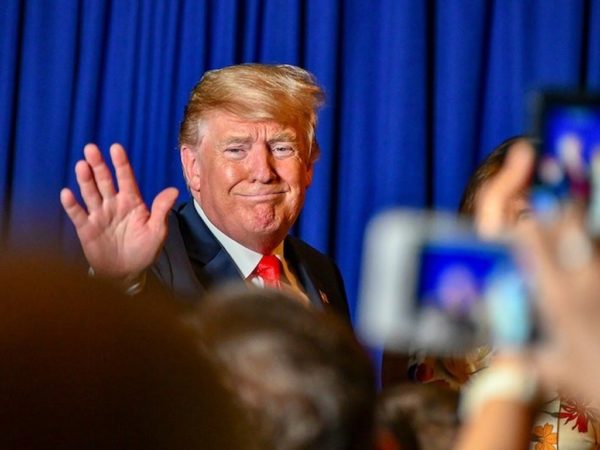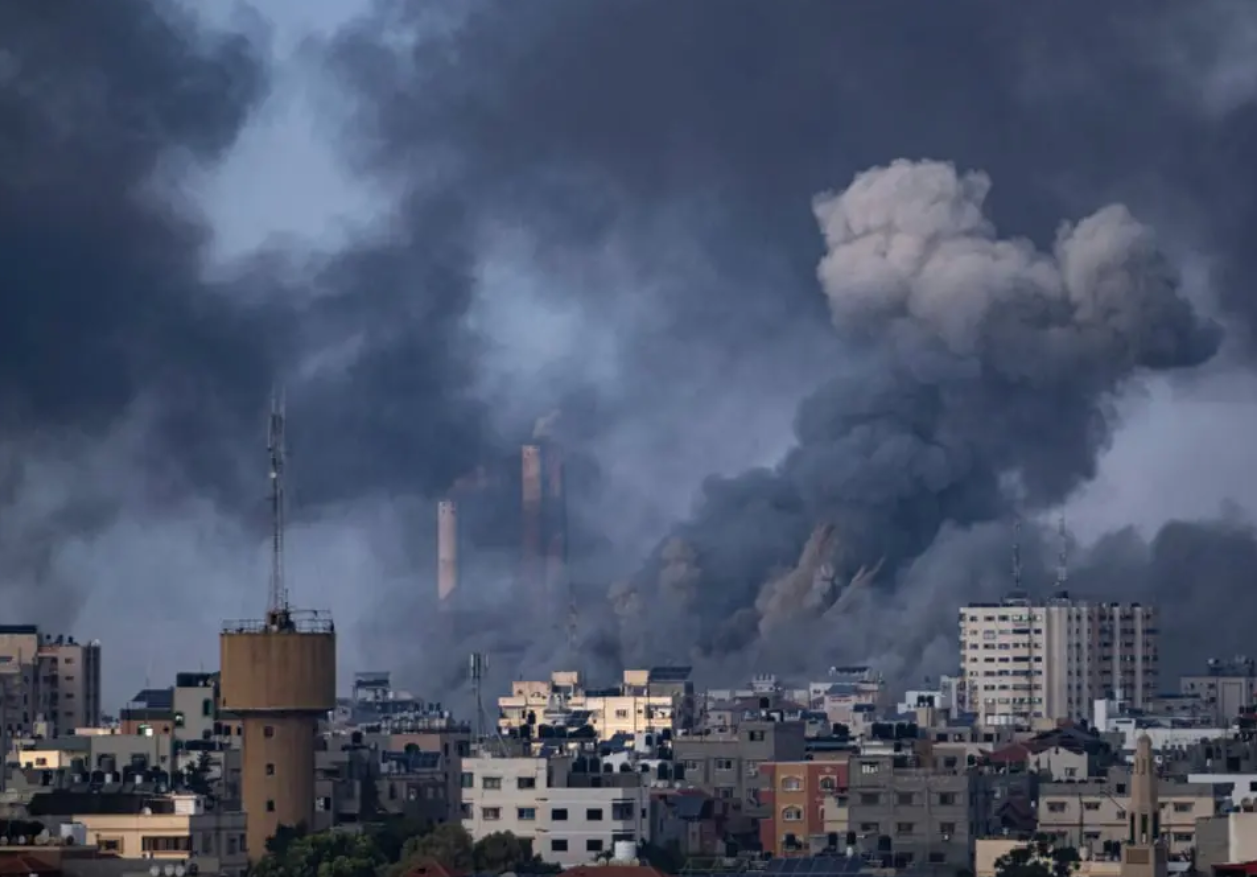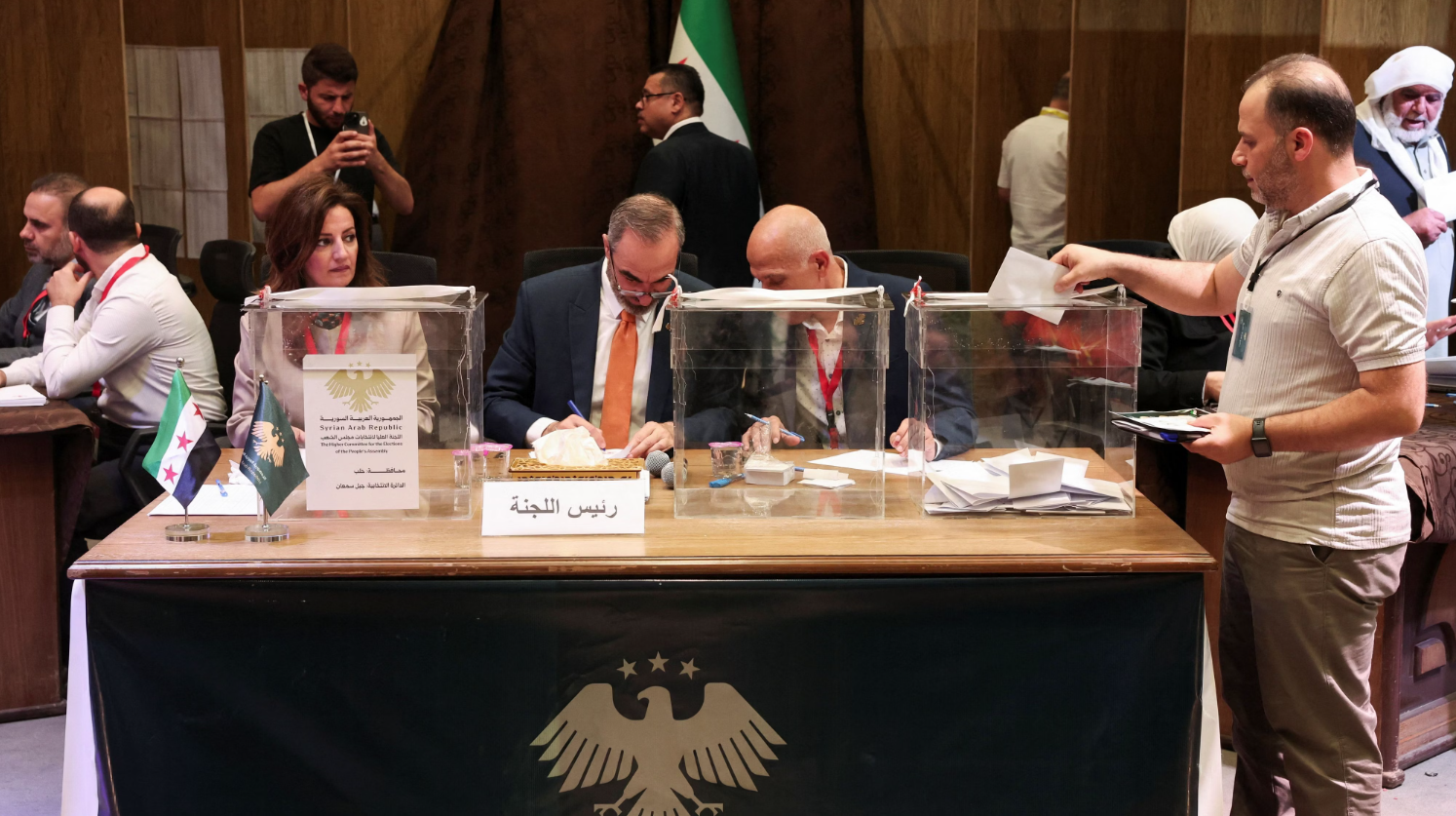
Egypt’s Gaza Peace Summit and Its Prospects
So Yeon Ahn (SNUAC)
On October 13, the Gaza Peace Summit was held in the Egyptian resort city of Sharm el-Sheikh, co-chaired by U.S. President Donald Trump and Egyptian President Abdel Fattah el-Sisi. The summit aimed to institutionalize the first-phase agreement of the peace initiative between Israel and Hamas, and to discuss ways to advance and implement the second phase.
Israel Resumes Strikes on Gaza Amid Fragile Ceasefire
Saerom Han(Sookmyung Women’s University)
Israel launched a series of airstrikes on southern Gaza on Sunday, just over a week after a U.S.-brokered ceasefire took effect. The truce, which began on October 10, had halted months of fighting, initiated partial Israeli troop withdrawals, and facilitated a major prisoner and hostage exchange between Israel and Hamas. On October 19, 2025, tensions flared when the Israeli military accused Hamas fighters of firing an anti-tank missile and opening fire on its forces in Rafah, in Gaza’s south. In response, the Israel Defense Forces (IDF) said it carried out a “massive and extensive wave” of strikes targeting what it described as militant infrastructure. Hamas denied any involvement, insisting it continues to abide by the ceasefire.


Turkey’s Actual Influence at the 2025 Sharm el-Sheikh Gaza Peace Summit
Han Haeun (SNUAC)
The Gaza Peace Summit, held in October 2025 in Sharm el-Sheikh, Egypt, was an international conference convened to discuss the ceasefire and reconstruction of the Gaza Strip. The meeting was primarily led by the United States, Egypt, and Qatar. Türkiye participated as one of the signatory countries and reaffirmed its support for the Palestinian cause; however, its actual influence during the summit remained limited. While the United States acted as the main coordinator of military and financial assistance, Egypt served as the host and geographical mediator, and Qatar maintained direct communication channels with Hamas—thus holding real agenda-setting and decision-making power—Türkiye’s role was largely symbolic and political, functioning as a moral and diplomatic messenger of Palestinian advocacy.
Syria’s parliamentary Election: A Precarious Start to Democracy
Hwang Yuihyun (SNUAC)
On October 5, 2025, Syria held its first parliamentary election since the fall of the Bashar al-Asad regime. Due to challenges with voter identification and polling station operations, the election was not conducted directly by voters. Instead, the election was held indirectly. The 11-member High Commission, appointed by the president from among politicians participated in the anti-Asad activities, civil society activists, and government figures, formed local councils in each region. These councils vetted and approved the 6,000-member electoral college. Of the 210 members of the council, 140 were elected through indirect voting, while the remaining 70 were nominated by President Ahmad al-Sharaa. Approximately 1,500 candidates were recognized and ran for office.

발행처: 서울대학교 아시아연구소 서아시아센터, HK+메가아시아연구사업단
발행인: 채수홍 편집위원장: 구기연 편집위원: 안소연, 한하은, 황의현
연락처: 02-880-2084, katib@snu.ac.kr
